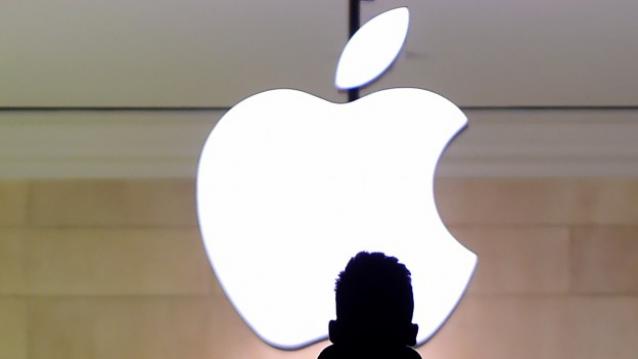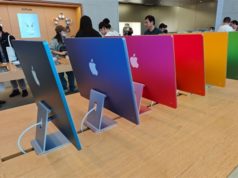A lawsuit filed last week in U.S. District Court in California has alleged that Apple, Broadcom and Avago Technologies, a Broadcom subsidiary, have infringed on several Wi-Fi-related patents held by the California Institute of Technology (Caltech).
Filed Thursday in the Central District of California, the complaint claimed that the companies are wrongfully using intellectual property protected by four U.S. patents awarded to Caltech between 2006 and 2012. The patents are for a new and simpler type of error correction code that enables faster transmissions of data via Wi-Fi.
According to the lawsuit, Broadcom has manufactured and sold Wi-Fi products that infringe on Caltech’s patents, and these products have been incorporated into a wide range of Apple devices. Those devices include the iPhone 6s and 6s Plus, iPhone 5 and 5s, iPad Air, MacBook Air and Apple Watch.
‘Billions of Dollars in Revenue’
Caltech noted in its complaint that Apple is one of Broadcom’s largest customers, accounting for 13.3 percent to 14.6 percent of the company’s net revenues from 2012 to 2014.
“During this timeframe, Broadcom’s Wi-Fi products that incorporate IRA/LDPC encoders and decoders and infringe the asserted patents were incorporated into Apple’s key products including iPhones, iPads, and Mac computers,” according to the lawsuit.”On information and belief, sales from these Apple products generated hundreds of billions of dollars in revenue.”
Caltech asserted that the use of the Wi-Fi technology by Broadcom and Apple is “irreparably harming and causing damage to Caltech.” Caltech added that an injunction against those companies would be in the public’s interest, and is seeking a jury trial to hear its complaints.
Little Comment from Apple
An Apple spokesperson we contacted this afternoon said the company declined to comment. However, the spokesperson noted that the lawsuit is directed primarily at Broadcom and only named Apple because it is a Broadcom customer.
We did not receive a response from the attorneys representing Caltech. A spokesperson for Broadcom also did not respond to a request for comment on the case.
With so many other technologies incorporated into every one of today’s smartphones, PCs, tablets and other devices, legal disputes over intellectual property rights and infringement are common, and often seek large sums in damages.
In a similar case heard in Wisconsin last fall, for example, a jury ruled that Apple had used a microprocessor technology developed by the University of Wisconsin-Madison’s Wisconsin Alumni Research Foundation without the foundation’s permission. The foundation could be awarded as much as $ 862 million in damages in that case.
Commenting on the Wisconsin case in October, Mark Nowotarski, a registered U.S. patent agent specializing in design patents, told us, “I think people have no idea how many threads of technology come together to make a smartphone happen.”







